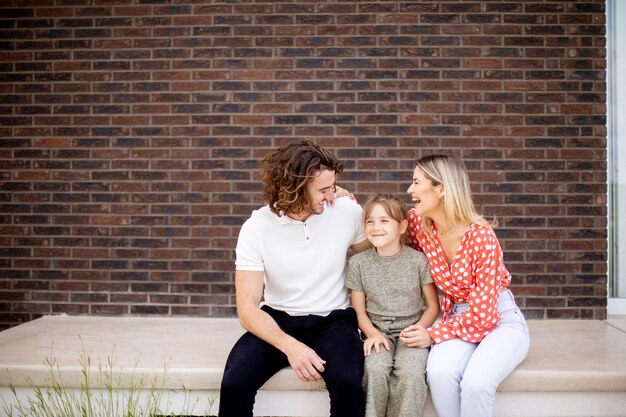How to Become a Foster Parent in Virginia: Degrees, Certifications, and Licenses
In Virginia, becoming a foster parent involves more than just a deep commitment to children's well-being; it requires specific steps, training, and occasionally educational accomplishments. While no particular degree is mandatory to embark on this fulfilling journey, degrees in social work, psychology, or education can significantly enrich a prospective foster parent's understanding of child development and family dynamics. The Virginia Department of Social Services mandates pre-service training, which typically includes courses on trauma-informed care, child behavior, and the legal aspects of foster care. Beyond meeting the basic requirements, acquiring certifications in child welfare or family counseling can prove advantageous, providing a more comprehensive toolkit to address the varied needs of foster children.
While the state's requirements might suffice to begin fostering, further education and training not only enhance a foster parent's capabilities but also improve communication with caseworkers and other professionals involved. Whether you choose to pursue a degree or seek out specialized certifications, these steps help in becoming a prepared and effective foster parent. Explore the options available to you and consider how educational programs can pave the way for a rewarding experience in caring for vulnerable children.
Relevant Degrees and Certifications:
- 🎓 Bachelor’s in Social Work: Deepens understanding of family services.
- 🧠 Degree in Psychology: Offers insights into child behavior.
- 📚 Education Degree: Provides teaching and developmental strategies.
- 📖 Child Welfare Certification: Enhances child and family interaction skills.
- 🧩 Trauma-Informed Care Training: Vital for understanding foster children's needs.
- 📑 Parenting and Family Counseling Courses: Improves family management abilities.
